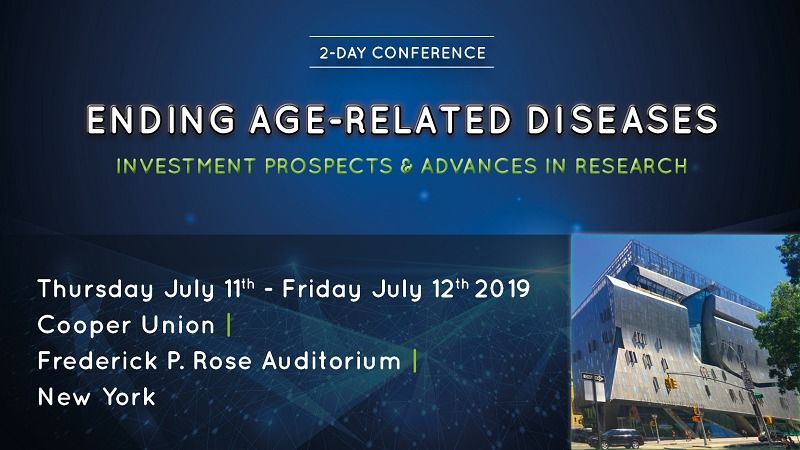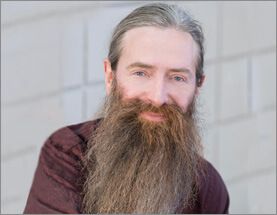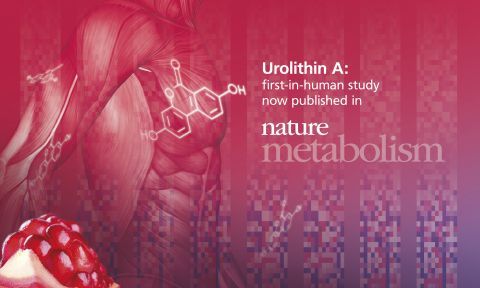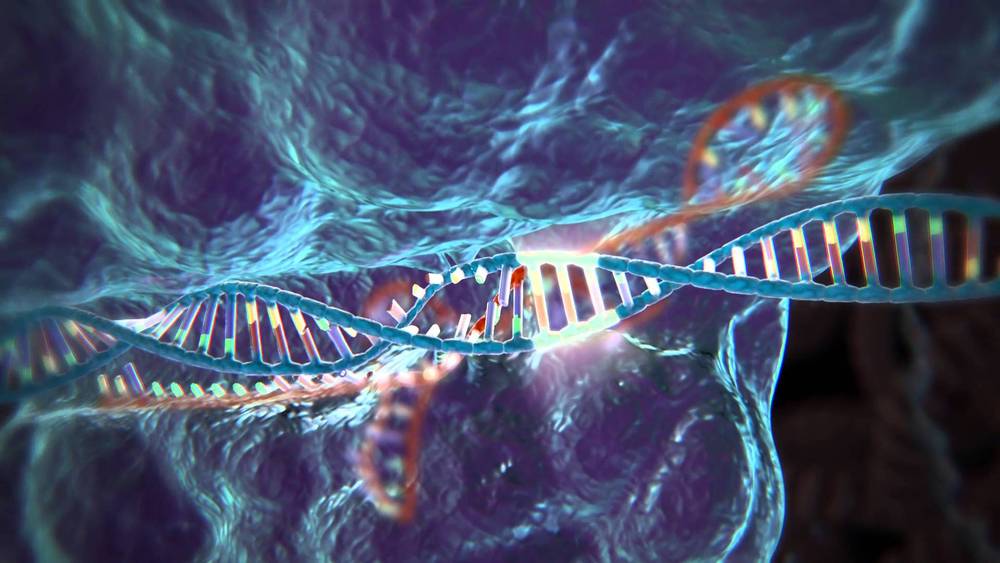Aubrey de Grey, Ph.D., Chief Science Officer and Co-founder of SENS Research Foundation, delivers an overview of aging and the many health problems that develop in our advanced years.
Dr. de Grey is a respected member of the science community; he is the noted biomedical gerontologist who devised the innovative SENS platform and co-founded the SENS Research Foundation to further it. Dr. de Grey has written about his work and as an established researcher, he has been appointed to the editorial and scientific advisory boards of many journals, organizations, etc. Dr. de Grey is a Fellow of the Gerontological Society of America as well as the American Aging Association. He holds a BA in Computer Science and a Ph.D. in Biology from the prestigious University of Cambridge.
Dr. de Grey discusses his research in aging and the motivations for tackling the career. As he states, aging is the number one medical problem as it causes more suffering. He was motivated to research in this area because he found that not enough was being done to focus on aging and the myriad of problems that come with it. He talks about the many excuses that are given as reasons to simply accept aging as it is, or not focus on it at all, such as “it’s inevitable…everything ages,” or the philosophical—“death gives meaning to life,” or social—“maybe we could do this, but it would create new problems worse than the problem we are solving.” And as the Ph.D. states, none of these excuses stand up to even the faintest scrutiny, however, they still remain quite popular.





